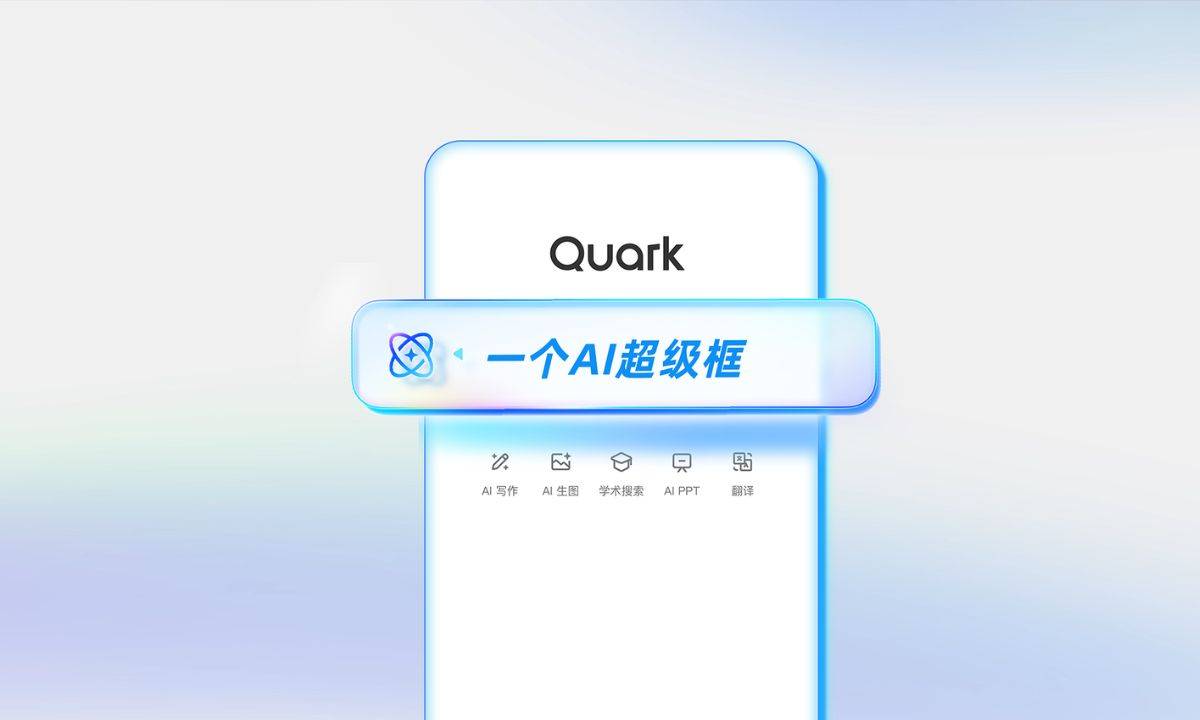
Aliyun, Alibaba Group’s cloud-computing subsidiary, announced today it is opening a cloud data center in Silicon Valley, planting a flag in the U.S. and marking the company’s first expansion overseas.
Already the largest public cloud services company in China with more than 1.4 million customers, Aliyun is little known outside of the mainland. Aliyun officials say they hope to change that with the opening of the Silicon Valley facility, through which the company on March4 will begin selling cloud services to U.S. companies.
China’s cloud-computing market “is certainly growing,” said Sicheng Yu, Aliyun vice president and head of its international business, “but if look at the overall cloud market, China represents 5 percent of the (global) public budget. So there is lots of room for us to grow outside of China, we just need to grow in a careful way.”
Aliyun, the technology arm of Alibaba Group, operates a network that supports Alibaba Group’s vast Chinese e-commerce operations with data centers in Beijing, Hangzhou, Qingdao, Hong Kong and Shenzhen. The company in 2009 began offering commercial cloud services such as data storage and on-demand network bandwidth to businesses, government agencies and especially merchants on Alibaba’s giant Tmall.com and Taobao Marketplace online-shopping websites.
In China, Aliyun already competes with U.S. companies such as AWS (Amazon Web Services) that offer cloud services on the mainland. Yu emphasized that by entering the U.S., his company doesn’t plan to blitz American companies on their home turf.
“For the time being, we are just testing the water,” Yu said. The company is stilladapting its products for internationalmarketsand in the short term is learning how to meet the needs and expectations of overseas businesses. “We know well what Chinese clients need, and now it’s time for us to learn what U.S. clients need,” he said.
“The market is quite crowded in the U.S. but we offer some unique value and there’s room for us,” Yu said, noting that Aliyun operates one of the biggest data-management platforms in the world. During Alibaba’s 11.11 Shopping Festival last year, Aliyun handled a record amount of traffic with peak volumes of 80,000orders per second, he noted. Aliyun ensured that networks and systems scaled to meet demand, especially during unpredictable traffic spikes, without incident.
Aliyun’s Silicon Valley data center is offering several core services at launch. A “virtual server,” elastic-computing service—astandardcloud offering—allows businesses to rent server capacity on an as-needed basis. “Basically you can rent a piece of machine to run anything you would like to run in the cloud,” Yu said.
Also on offer are a load-balancing service commonly used by website operators tomanage their traffic-carrying capacity, and a cloud-based relational database service providing data processing and storage in the cloud. Yu said Aliyun plans to offer a service called OSS that offers storage capacity for large amounts of data such as videos. “Once we have these four core services, we will have enough to support a big amount of customers,” Yu said.
While Aliyun products will be cost competitive, Yu said the company’s fundamental edge is that Aliyun is one of the few companies selling cloud services in both the U.S. and the fast-growing China market, which could be attractive to American companies with operations in the world’s two largest economies. “That will be our advantage,” Yu said.
The company also provides a high level of data security. An Aliyun anti-hacker technology called YunDun last year successfully fended off an attack on a Chinese gaming-app company that is believed to be the largest DDoS (Distributed Denial of Service) attack ever recorded on the mainland. Occuring on Dec. 20, this incident lasted 14 hours and peak attacking traffic reached 453.8 gigabytes per second. Suchincursions “are a major reason most of our customers choose to stay within our cloud instead of setting up their own servers,” Yu said. YunDun is deployed in the U.S. he said.
The U.S. launch is just the start of Aliyun’s international strategy, Yu added. By the end of the year, the company is planning to expand to Southeast Asia and Europe. “We’re going to do this step-by-step, in a phased way,” Yu said. “The U.S. is already there.”




